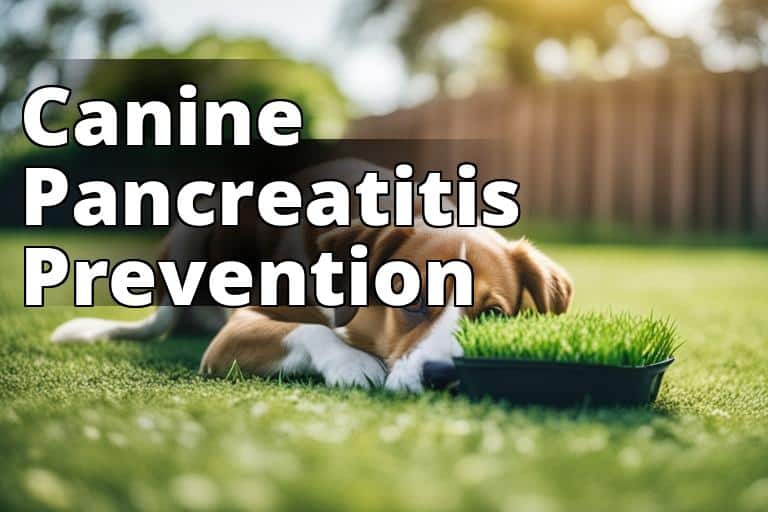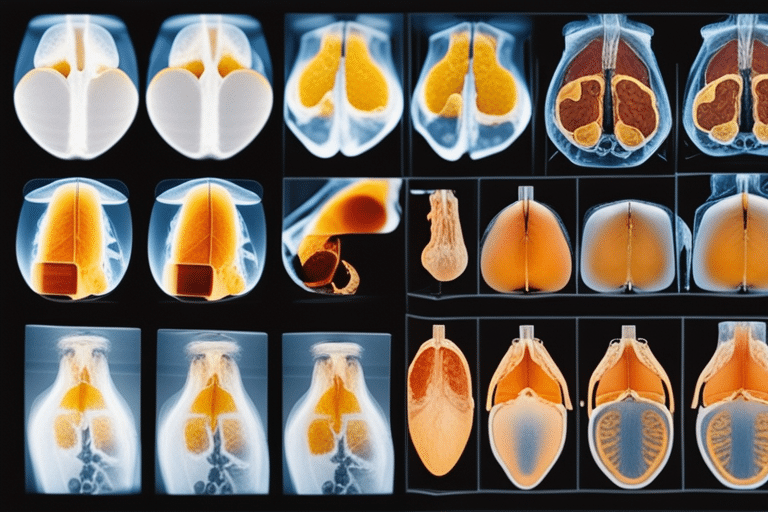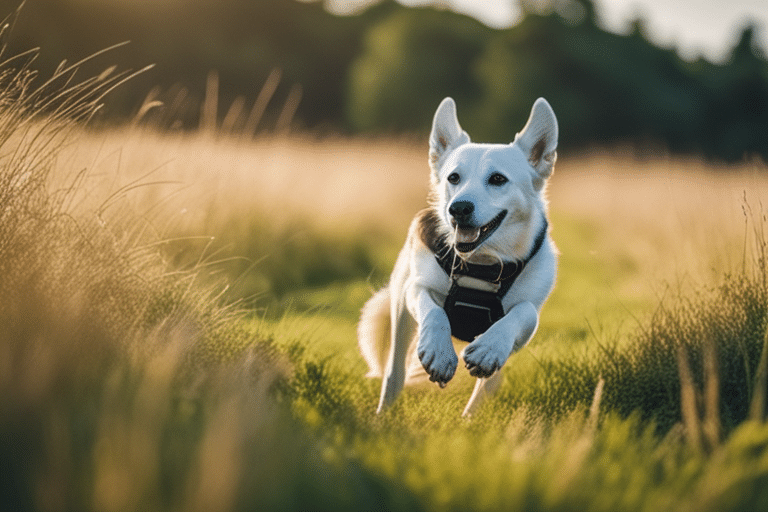

Why do dogs eat grass, and is there a connection between this behavior and pancreatitis? As a veterinarian with extensive experience in canine health, I have encountered numerous cases that shed light on the link between dog grass eating and pancreatitis. In this comprehensive guide, I will delve into the reasons behind dogs’ grass-eating habits, the potential connection to pancreatitis, and the risks involved. Additionally, I will share valuable insights for pet owners seeking information on this subject.
Understanding Dog Eating Grass and Pancreatitis
By reading this article, you will learn:
– Dog eating grass can be a normal behavior and may not always indicate a health issue.
– Pancreatitis in dogs can be caused by various factors including diet, obesity, and certain medications.
– Understanding the relationship between a dog’s grass-eating habits and the potential risk of pancreatitis.

Reasons Behind Dogs Eating Grass
The act of dogs consuming grass has perplexed pet owners for years. While there isn’t a definitive answer, several theories attempt to explain this behavior. Some believe that dogs eat grass to induce vomiting when they have an upset stomach, while others think it’s a way for them to supplement their diet with fiber. Additionally, some dogs may simply enjoy the texture and taste of grass.
| Study | Findings |
|---|---|
| Applied Animal Behaviour Science journal | Only 8% of dogs showed signs of illness before eating grass |
Scientific Studies on Dog Grass Eating
A study published in the Applied Animal Behaviour Science journal found that only 8% of dogs showed signs of illness before eating grass. This suggests that the majority of dogs that eat grass do not appear to be unwell beforehand, contradicting the popular belief that dogs eat grass to self-medicate when feeling unwell.

Pancreatitis in Dogs
Pancreatitis is a condition characterized by inflammation of the pancreas, an organ responsible for producing digestive enzymes and insulin. It can be acute or chronic and is often associated with symptoms such as vomiting, abdominal pain, and loss of appetite. While the exact cause of pancreatitis in dogs is not always clear, factors such as high-fat diets, obesity, and certain medications are known to contribute to the condition.
The Link Between Grass Eating and Pancreatitis
Research has shown a potential link between grass-eating and pancreatitis in dogs. A study published in the Journal of Veterinary Internal Medicine found that dogs with chronic pancreatitis were more likely to display abnormal eating behaviors, including grass eating, compared to healthy dogs. This association raises important questions about the relationship between a dog’s dietary habits and pancreatic health.
Understanding the Risks
While occasional grass eating may not pose a significant risk to a dog’s health, it’s essential for pet owners to be aware of the potential dangers, especially if their furry companions have a history of pancreatitis or other digestive issues. Ingesting large amounts of grass can lead to gastrointestinal irritation and may exacerbate existing pancreatic inflammation.

Seeking Veterinary Advice
If a dog exhibits abnormal eating behaviors, experiences repeated bouts of vomiting or shows signs of abdominal discomfort, it’s crucial to seek prompt veterinary attention. A qualified veterinarian can conduct a thorough examination, including diagnostic tests, to determine the underlying cause of the symptoms and provide appropriate treatment.

Conclusion
The relationship between dog grass-eating and pancreatitis remains a topic of interest to pet owners and researchers. While the exact reasons behind this behavior and its connection to pancreatic health are not fully elucidated, it’s important for pet owners to monitor their dog’s dietary habits and seek professional guidance if any concerns arise.
For further information on this topic, you can refer to the following authoritative sources:
- American Kennel Club – Dog Behavior: Why Do Dogs Eat Grass?
- VCA Animal Hospitals – Pancreatitis in Dogs
- Why do dogs eat grass?
Always consult with a qualified veterinarian or animal health professional for personalized advice regarding your pet’s health and well-being.
Bibliography:
– American Kennel Club. “Dog Behavior: Why Do Dogs Eat Grass?” https://www.akc.org/expert-advice/health/why-do-dogs-eat-grass/
– VCA Animal Hospitals. “Pancreatitis in Dogs.” https://vcahospitals.com/know-your-pet/pancreatitis-in-dogs
Legal Disclaimer: The information provided in this article is for educational and informational purposes only and should not be construed as medical advice. Always consult with a qualified veterinarian or animal health professional for personalized advice regarding your pet’s health and well-being.
FAQs
Who is at risk of pancreatitis from a dog eating grass?
Dogs who eat a lot of grass may be at risk of developing pancreatitis.
What are the symptoms of pancreatitis in dogs from eating grass?
Symptoms may include vomiting, diarrhea, and abdominal pain.
How can I prevent pancreatitis if my dog eats grass?
Limit your dog’s access to grass and monitor their diet closely.
What should I do if my dog has pancreatitis from eating grass?
Consult a veterinarian immediately for proper diagnosis and treatment.
Can’t dogs eat grass without getting pancreatitis?
While some dogs may not develop pancreatitis from grass, it’s best to monitor their grass consumption to be safe.
How can I help my dog if they have pancreatitis from eating grass?
Provide a bland diet and follow your vet’s treatment plan to aid in recovery.




